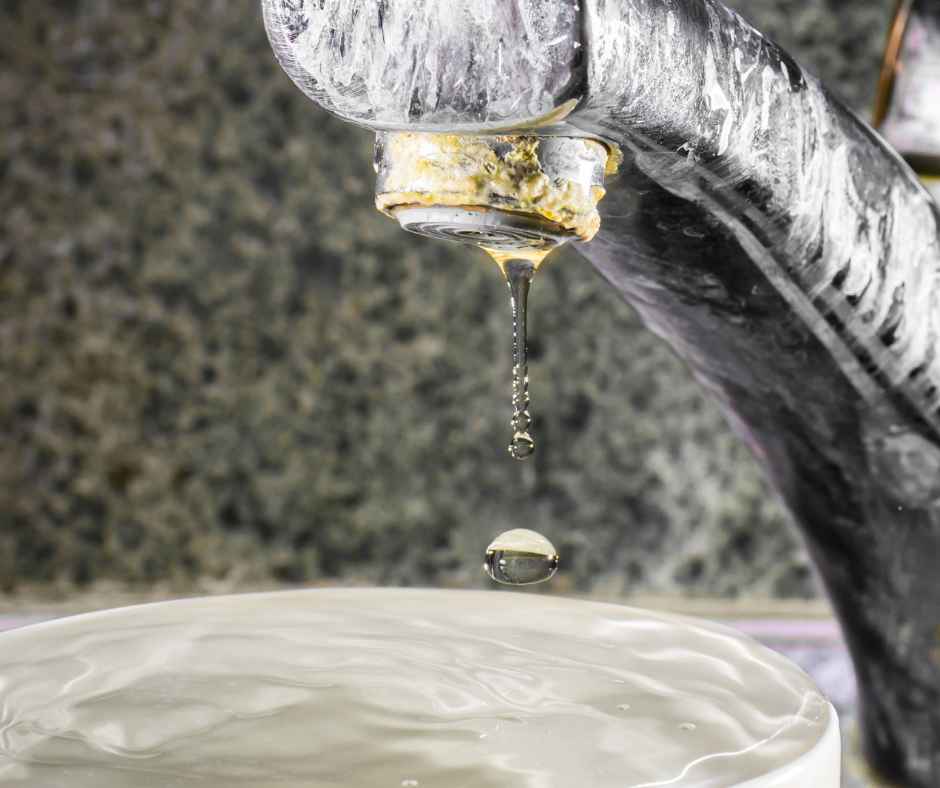Serving Douglas County & The Surrounding Areas
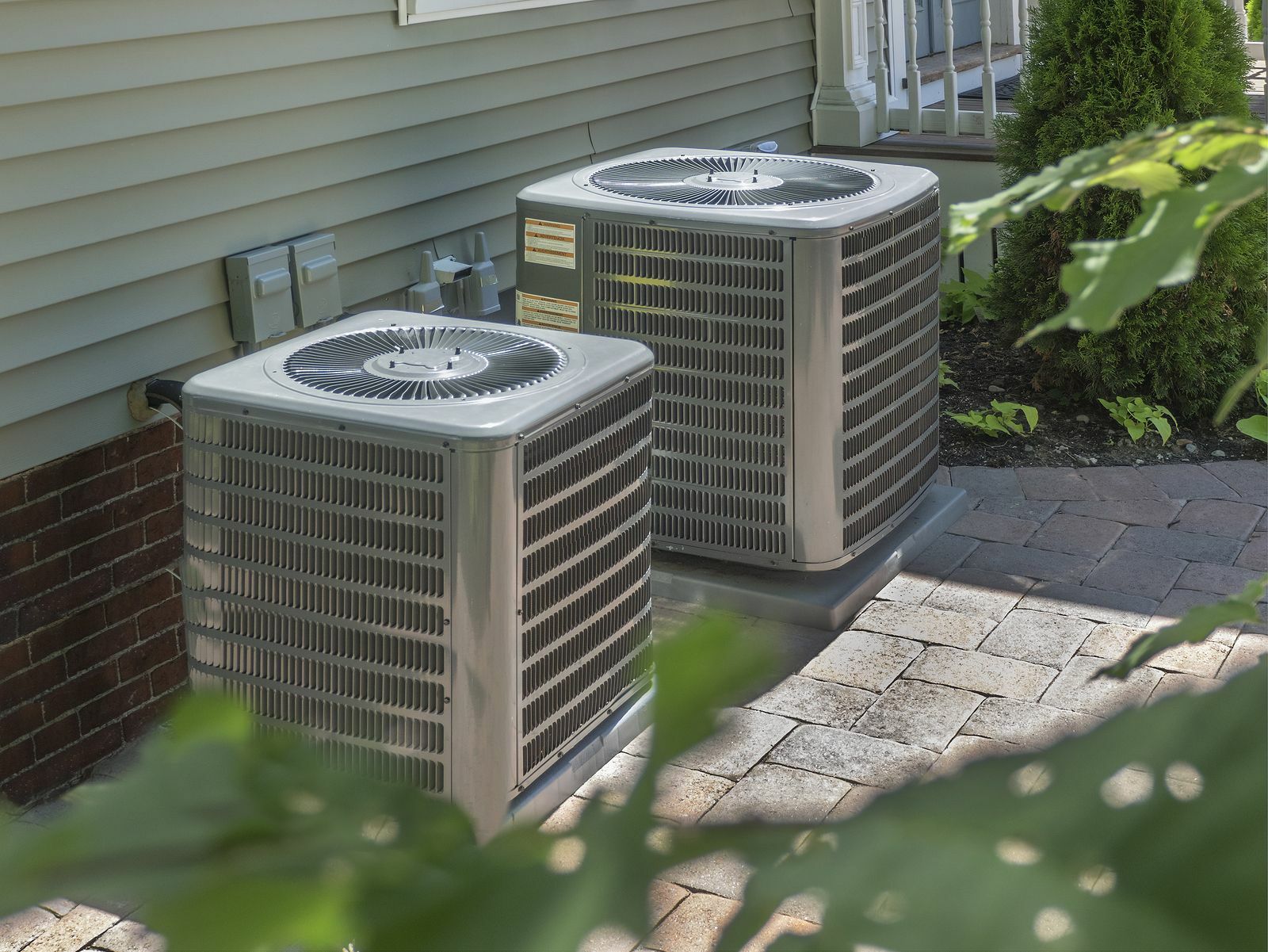
AC Tune Up Guide: Prepare Your Air Conditioner for Summer
Did you know that within the last several decades, Colorado has become 2° F warmer? As a result, many parts of the state now experience more 90-degree days. They’re now even more common than 80-degree days! That’s enough reason to perform an AC tune up to prepare it for summer.
Hot days aren’t only uncomfortable, though; they can also cause heat-related illnesses. And to avoid such hazards, the CDC recommends staying in an air-conditioned room. The agency even says it’s the number one way to protect yourself from the heat.
That helps ensure the unit is in top condition and provides adequate cooling. Moreover, it lets you catch and fix issues before your system breaks down.
AC Tune Up Guide
If you’re not sure where to start, don’t worry. We’re here to guide you every step of the way, so keep reading to discover what proper AC maintenance entails.
As professional technicians, we go to many homes and businesses to repair our customers’ air conditioners when they are not working. Customers often state that they have taken care of their spring HVAC maintenance by simply replacing their filter.
They are totally surprised to hear that the air conditioner needs a lot more than just a simple filter replacement. A simple AC tune up can prolong the life of your cooling system for years to come.
In the same way, you wouldn’t expect the maintenance on a car to be done properly just by replacing the internal air conditioning filter. Preparing your AC for the summer involves a series of steps best left to a professional.
Power off Your Air Conditioner
Shutting off the power is the first crucial step to take when you carry out an air conditioner tune up. It’s for your safety, as your AC contains capacitors that carry and store an electrical charge. Thus, touching the unit with bare or sweaty hands can result in electrical injuries.
Please note that about 30,000 non-fatal shock incidents occur in the US each year. Some are so severe they land people in burn unit facilities.
You want to avoid that at all costs, so please turn off the power to your indoor AC unit at the main service panel. You should find a lever in it with a label specifying it’s for the air conditioner. Once you locate the specific switch, move it to the OFF position.
If you have a central AC, its outdoor unit, called the condenser unit, has a separate disconnect switch. It should be near the outdoor unit, and in it, you should find a lever, circuit breaker, and fuses. Power this off, too, and allow at least half an hour to pass before touching any of its components.
Don Personal Protective Gear
At the very least, wear goggles, a face mask, and gloves when performing HVAC maintenance.
Goggles and face masks help reduce exposure to inhalable airborne contaminants. They also protect your eyes and face from flying debris that may cause injuries.
Gloves are essential when handling electrical components, minimizing the risks of shocks. Moreover, they can help reduce the odds of cuts, such as when you clean your condenser unit later.
It’s also wise to wear old house clothes, as tuning up an AC can get pretty dirty and messy.
Change or Wash Air Conditioner Filters
About two-thirds of indoor dust comes from the outdoors. So, the more polluted the outdoor air is in your area, the dustier and dirtier the inside of your home can get.
Fortunately, your air conditioner traps some pollutants in its air filter. An AC filter’s primary task, after all, is to prevent dust and debris from coating the equipment. That’s a crucial role, as those contaminants reduce a system’s efficiency and performance.
Many air conditioning failures in a home or a business are the direct result of improper or zero maintenance of the equipment. The air filter is generally one of the very first things to check before you prepare your AC, because a clogged filter can cause problems with the AC.
Unfortunately, many parts of Colorado are under the threat of polluted outdoor air. That includes the Denver metro area, plagued by smog-filled summer air.
For that reason, it’s imperative to change or wash your AC filter (or filters) every one to two months. If you have pets or use fire-producing appliances, it may be best to replace or clean them more often.
You can usually find the AC filter inside or beside the indoor air-handler cabinet or in a return duct. It may also be behind the return grill of your HVAC system. If you have a return-air register in each room in your house, you may find a filter behind each.
Don’t forget that your heating system also relies on air filters. Thus, changing or washing them should be part of your overall HVAC tune up plan.
Dust And Dirt On Your AC Equipment
Air conditioners have many other failures that are not directly related to a dirty filter. Replacing a filter in the HVAC tune up process is primarily to protect the equipment from overworking and keeps your energy bill down.
This overworking occurs when the inherited dust flows through the system while air is moving. When the dust particles build up, they plug things like motors and air conditioner coils. Those plugs cause the system to work harder which eventually leads to equipment failure.
Dirt and dust inside your system motors can cause them to overheat. Overheating can then cause the bearings to expel their oil which, in turn, puts strain on the electrical windings. This will cause them to short out if you don’t prepare your air conditioner.
In addition, an overworked motor will cause the system to pull more current through the control board. More current will lead it to “shorting out,” ultimately leaving you with a system that is not cooling your home. This is why it’s important to have an air conditioner tune up at regular intervals, especially before the start of summer.
Dust and dirt on air conditioning equipment are also extremely bad for the system. Having dirty or plugged coils causes the system to have to overwork. This happens when the system is forced to have to run for longer periods of times than for what it was designed.
Coils are cooled by refrigerant moving through the system. In a healthy system, proper airflow goes through the coils to extract the heat from the air. Dust and dirt buildup on the coils of the AC causes the air to move slowly through the system.
Slow moving air causes longer run times for the system because ultimately it is the thermostat that controls the on and off functions of the air conditioner. The faster the system is able to run all the air in the building through the coil, the more efficient the system will operate due to it’s shorter runtime. The air conditioner works by extracting the heat out of the air. It cannot do this if the air flow is being restricted through the air conditioning coil.
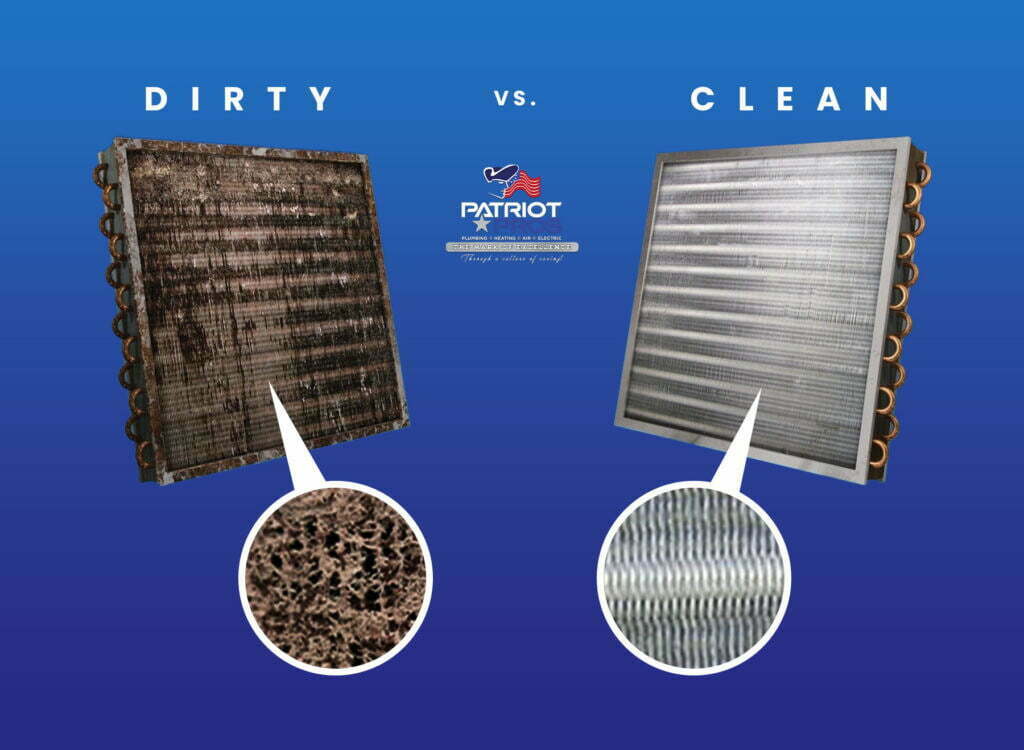
Clean the Condenser Unit
Since the condenser unit sits outside, it’s at the mercy of environmental elements. Over time, layers of dust, debris, and urban grime can clog it. Unless removed, that build-up can render your AC unable to expel hot, stale air outdoors.
Moreover, grime can contribute to corrosion, making it dangerous to electronics.
So, an integral part of AC upkeep is to ensure the outdoor unit is free of filth and obstructions. You can start by sweeping away larger debris, such as fallen leaves and twigs, on and around it.
Next, inspect the condenser coils to see if they have caked-on dirt. If so, you need to remove the outdoor unit’s protective grilles or panels to access and clean the coils. It’s easy, though, as you only have to remove their fasteners with a screwdriver.
Be careful when lifting the panels; the weight of the attached fan can make them heavy. If possible, ask a partner to help you out to avoid hurting or injuring yourself.
While lifting the panels, you might feel some resistance; in that case, don’t tug with so much force. That may be due to the fan’s wires, which you don’t want to disconnect.
Then, use a refrigerator coil brush to remove dirt on the coils from the outside. Be very gentle and careful, as its fins are delicate and can be easy to bend. After that, you can vacuum the condenser coils from inside the unit.
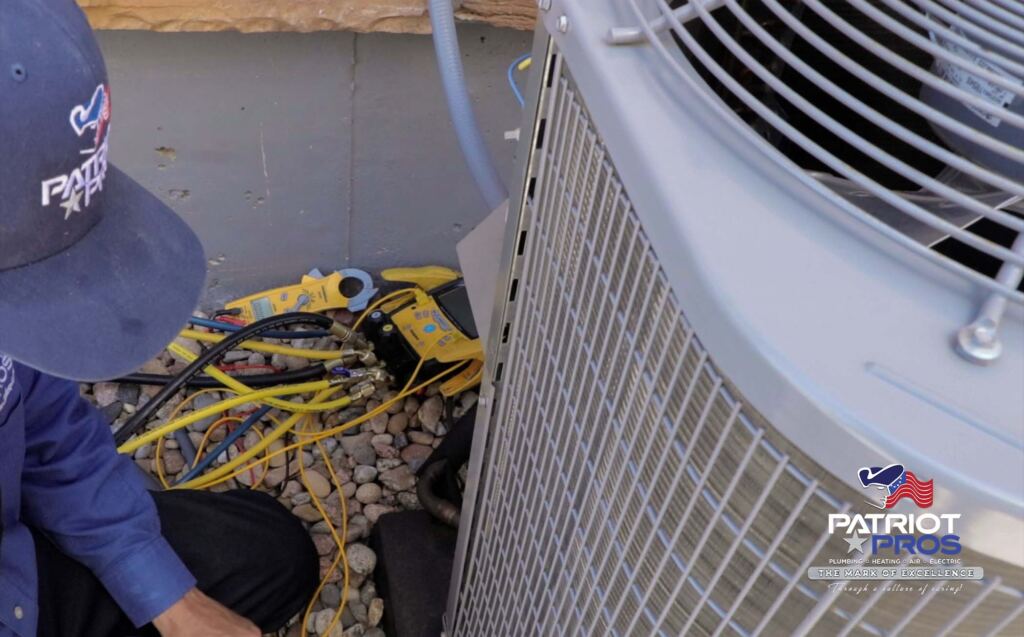
Look at the Coolant Lines
Coolant lines carry refrigerant to and from the indoor and outdoor AC units. Also called refrigerant lines, these copper pipes often have insulation covering them. The insulating material, usually made of foam, helps keep energy losses at bay.
Sections of the coolant lines are visible from the backside of the condenser unit. So, after cleaning the condenser unit, inspect the pipes’ insulation. If there are missing or frayed parts, replace them or have an AC technician do the job for you.
Leaks within the refrigeration system can cause the air conditioner to over work. As odd as it may sound, the system loses refrigerant at the beginning stages and can cause the system to actually freeze up. When it does this, airflow is reduced through the coils because the air cannot move through a literal block of ice in the coil.
There is a built-in metering device within the coil that regulates the refrigerant flows. However, if the pressure is not adequate, it will cause the refrigerant system metering device to not properly regulate. If that happens, it can cause the system to get too cold which in turn causes the condensation produced naturally by the air conditioner to freeze up. In turn, this creates a restriction in the airflow moving through the air conditioning coils.
Remember that the air conditioner works best when you are able to move all the air in the building, passing it through the air conditioning coils. Doing this will properly extract the heat out of the air. So if we restrict the airflow, it forces the system to have to overwork with longer run times.
Therefore, making sure we have the proper amounts of refrigerant within the system is vital to a healthy air conditioner and will avoid costly repairs.
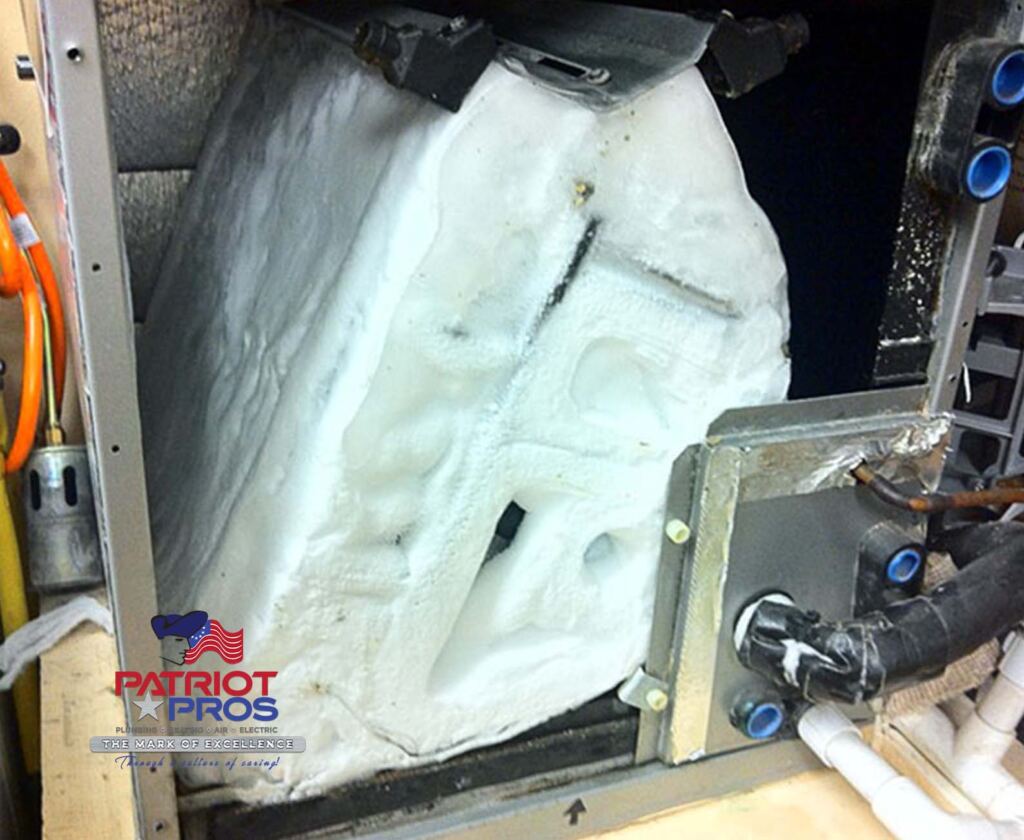
Keep the Outdoor Unit Elevated
Because your condenser unit is outside, it must be higher than the ground. That’s the role of the AC condenser pad; to provide an elevated, flat, and stable surface.
However, a condenser pad is heavy, as it often consists of composite or concrete materials. Thus, it tends to sink or settle over the years. That can tug on the electrical lines or coolant pipes, placing unnecessary strain on them.
So, while tuning up your AC, look closely at the condenser pad to ensure it hasn’t sunk too much. It should also be level, and the unit should be immobile.
Otherwise, contact an HVAC professional to have the problems addressed right away.
Mind the Outdoor Unit’s Clearance
Plants and weeds growing too close to your condenser unit can obstruct airflow. Shed plant foliage can also end up clogging the outdoor AC unit. When their fallen leaves break down and decay, their residues can cover the outdoor unit, too.
So, to prepare your AC for summer, ensure there’s a clearance of at least two feet on all sides of its condenser unit. It’s also best to remove weeds as soon as you see them, as they’re quick to germinate. Disregarding them even for just a few days can be enough to make them spread and grow near the AC outdoor unit.
Clear the Drain Pan and Line
Your air conditioner cools your home by absorbing heat and moisture from the air. That moisture turns into actual condensation or water droplets.
The water droplets then fall onto the AC drain tray (also known as the drain or drip pan). A PVC pipe called the drain or condensate line then channels the fluids out of your home.
If you book a professional AC tune up service, you can expect the tech to inspect and clean the drain tray and line. However, debris can still cover the pan and clog the line between service calls.
Molds and mildew, microorganisms that love damp environments, may also cause a blockage. So, if the air in your home smells musty, your AC may be the culprit, or your plumbing system may be leaking.
In any case, check your AC drain pan, which is under the indoor evaporator coils. You can get to them by removing the access panel.
Next, remove any standing water in the pan by soaking it with rags or using a wet vac. Then, inspect the drain line for any blockage. You can use a wet vac or a shop vacuum to remove visible clogs.
Give the drain tray a good wash using dish soap and water. Use vinegar if there are molds or mildew, as its acid content kills many types of fungi.
Then, pour some water into the drain pan and observe if its drains quickly. If it does, you’ve cleared both the pan and the line. If not, there must be a severe clog or problem that warrants professional AC repairs.
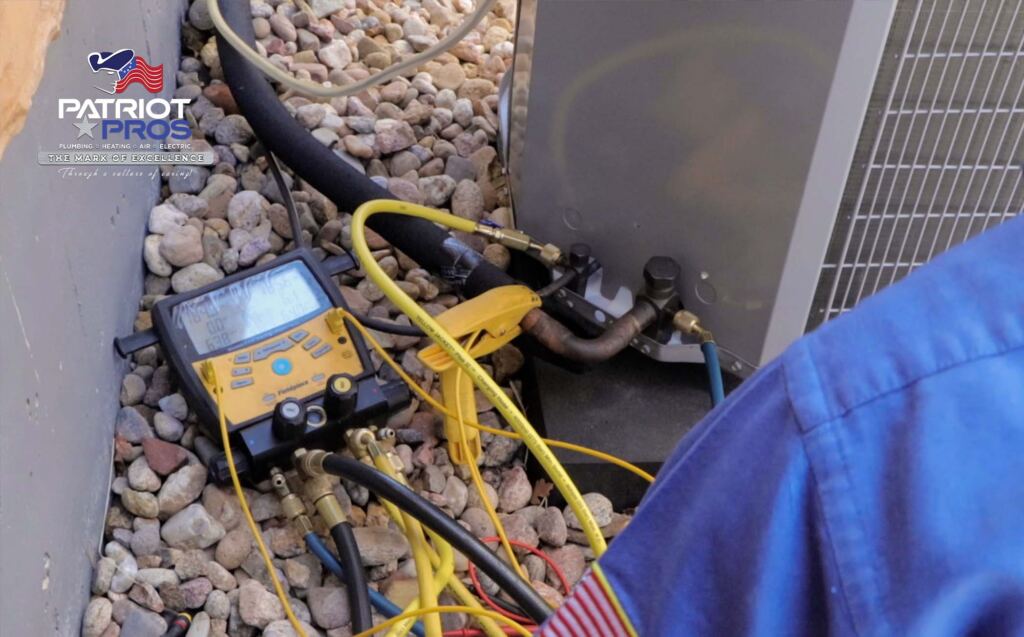
Inspect Vent Grilles and Registers
Any airflow obstruction reduces an air conditioner’s efficiency and performance. That includes dirt, dust, plant pollen, or mold spore build-up on the vent grilles and air registers. The longer these surfaces remain undisturbed, the thicker the accumulation.
Over time, those layers can become thick enough to cause severe airflow restriction.
So, always include inspecting grilles and registers in your AC spring tune up plan. Vacuum them once you see visible filth. You can also wash removable vent grilles with warm, soapy water.
Examine Air Duct Insulation
Damaged duct insulation gives rise to cooling (and heating) energy losses. Their chief purpose, after all, is to resist heat flow occurring within the metal parts of air ducts. So, if they have holes or tears, cold (or heated) air can escape through those damaged areas.
Those air leaks can then result in your air conditioner providing inadequate cooling. That leads to AC trying to compensate by working harder to cool your space. Unfortunately, that equates to higher energy consumption, translating to higher utility bills.
That’s why it’s vital to check the exposed parts of your air ducts and their insulating material. Look for signs of damage, such as cracks, holes, tears, or dampness. If you notice any of these visible symptoms, it’s best to get the insulation repaired or replaced ASAP.
Get Your Air Ducts Cleaned
Because of your air filters, your air ducts don’t require seasonal cleaning. Instead, you can leave them be and schedule them for servicing once every three to five years.
So if it’s been more than that since you last had your air ducts cleaned, it’s best to get that job done before summer. The same goes for if you’ve had a pest issue, such as a rodent problem.
Professional air duct cleaning can also unearth potential flaws in your ductwork. For example, the technician performing the job may find corrosion or leaks in the ducts. In that case, it’s best to get those damages fixed ASAP, as leaky ducts can waste a lot of your cooling (and heating) energy.
Besides, you may qualify for AC tune up specials, such as discounts on duct cleaning.
Test Your Air Conditioner
Once you’ve finished all the steps above, it’s time to see the results of your hard work.
First, check that your condenser unit is completely dry. If it is, set your thermostat to the OFF position. Next, turn the power back on to both the outdoor and indoor units.
Then, go back to your thermostat and switch it to COOL mode. Finally, check the supply vents to ensure they’re blowing cool air.
If so, you’ve done an excellent job on your AC tune up.
Perform an AC Tune Up Today
And there you have it; your comprehensive AC tune up guide. The most important thing is to prioritize your safety, so cut the power to the unit before doing anything. Also, don’t forget to don personal protective gear to reduce your risks of injuries.
Most AC system repairs tend to have a domino effect of failures. For example, a dirty filter can lead to a system that overworks because of the lack of airflow…
which then causes the motors to overheat and burn up…
that causes the control board to become damaged by all the added current the failing motor had to draw…
and it leads the outdoor compressor (responsible for moving the refrigerant) to also have to overwork.
Neglecting proper AC maintenance is the number one cause of air conditioning failures and expensive repairs.
If you’re wary of carrying out AC maintenance or don’t have the time, our team here at Patriot Pros can help. You can schedule a technician to perform AC tune up service on your system to avoid expensive failures. We recommend using our springtime AC tune up special to keep your HVAC unit running all summer long and save money.
Recent News
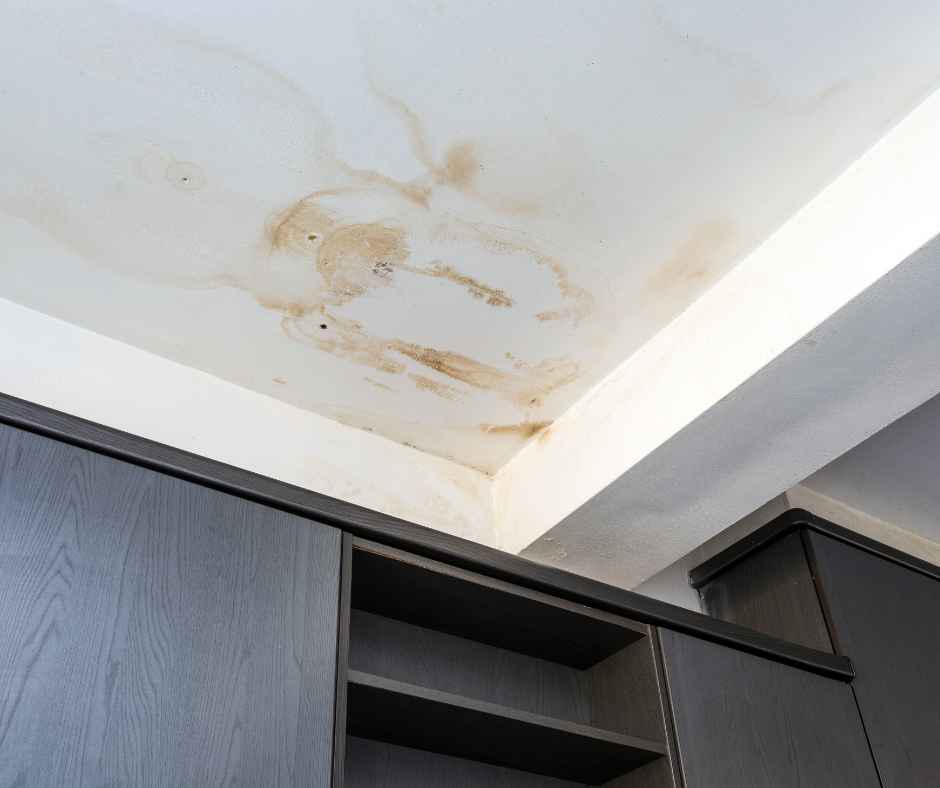
How to Spot a Hidden Water Leak in Your Colorado Home
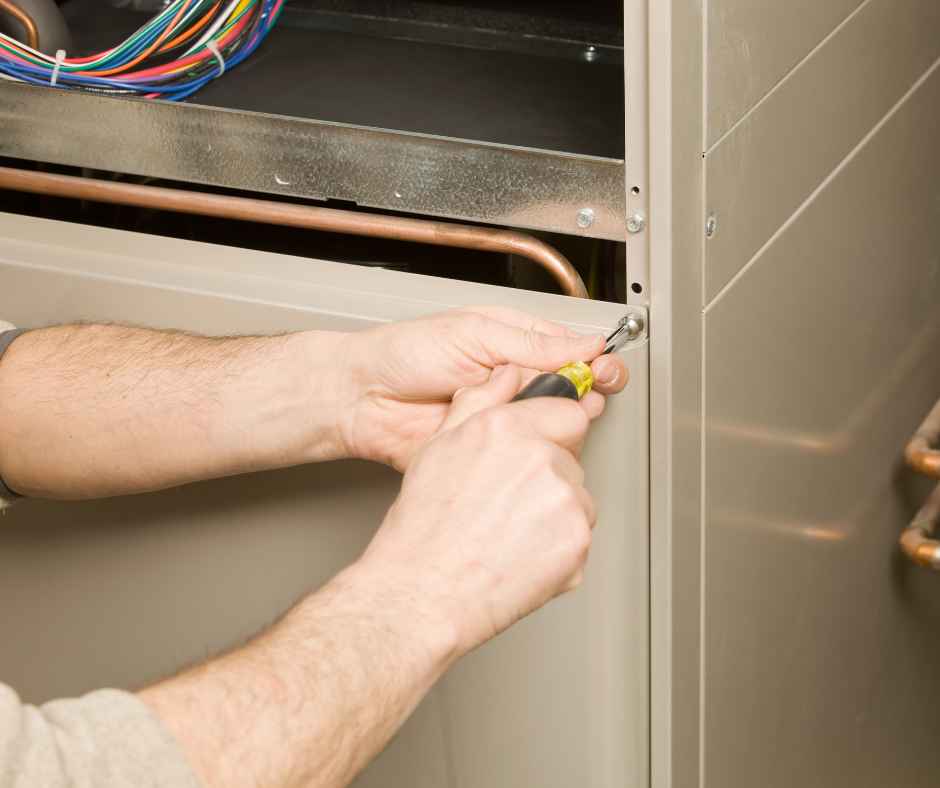
Navigating Colorado’s 2026 High-Efficiency Rules: What Front Range Homeowners Need to Know

Snow, Freeze & Thaw: How Colorado Winters Stress Your Plumbing
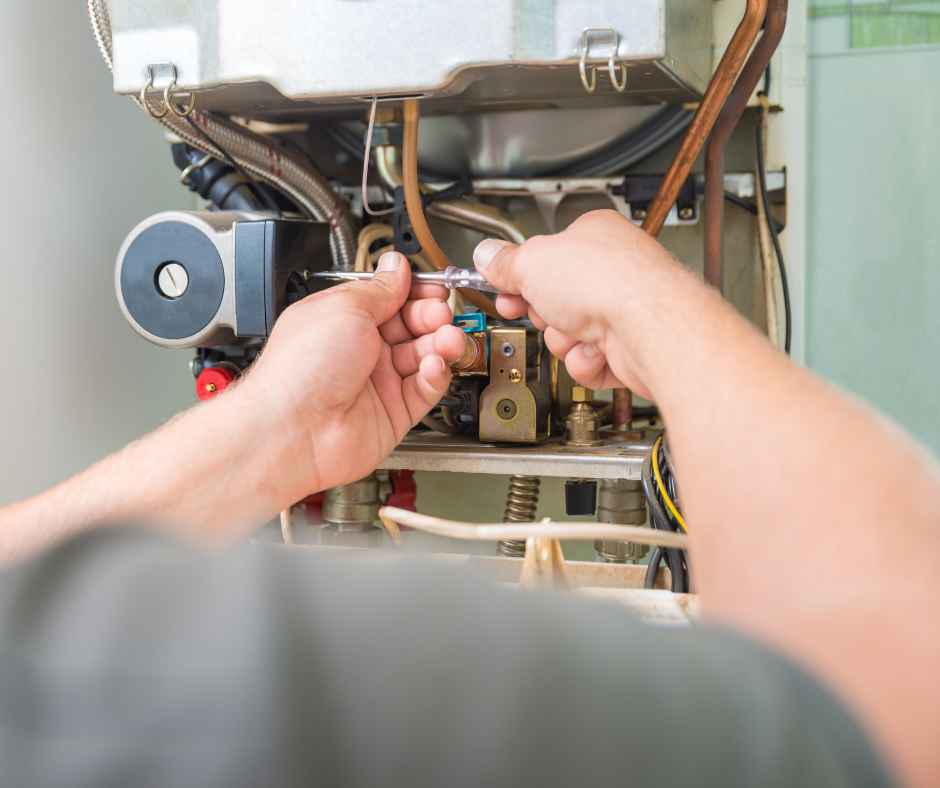
Emergency Heating Repairs: What to Do If Your Furnace Fails During a Colorado Snowstorm
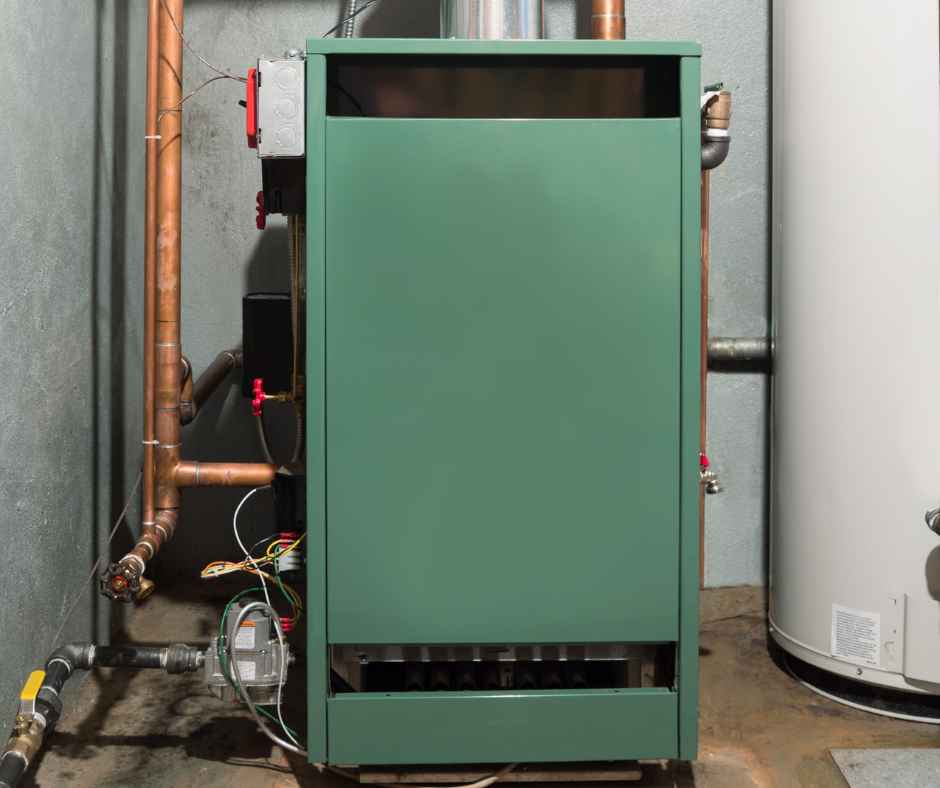
Comparing Heating Options for Colorado Homes: Furnace vs. Boiler vs. Heat Pump
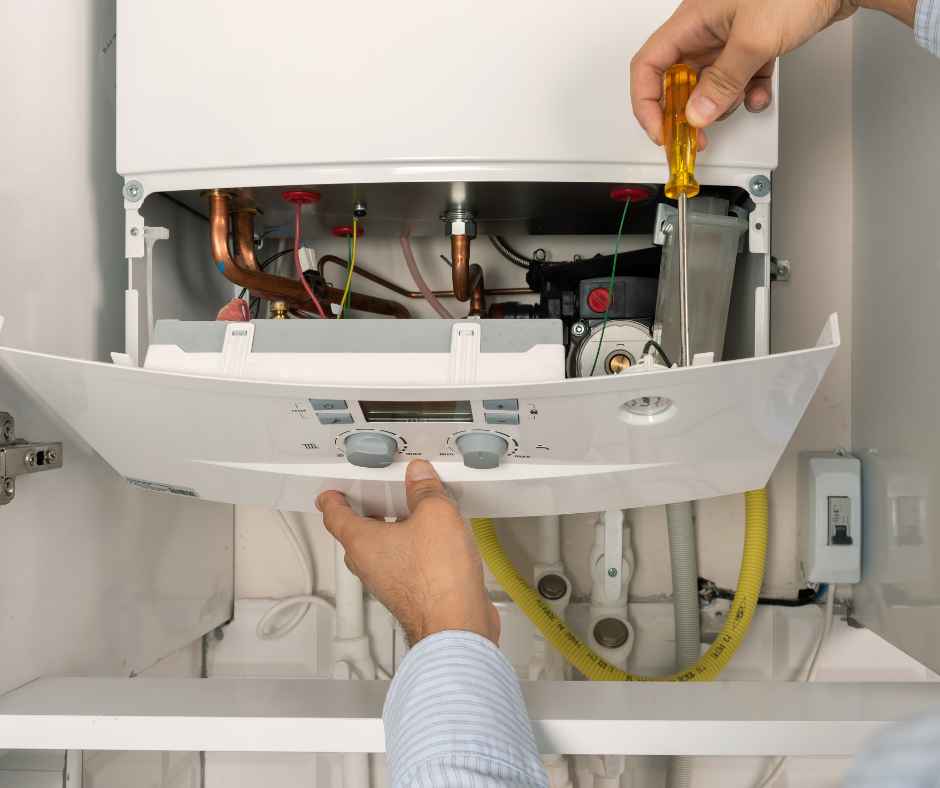
The Ultimate Fall & Winter Boiler & HVAC Maintenance Checklist for Castle Rock Homes
